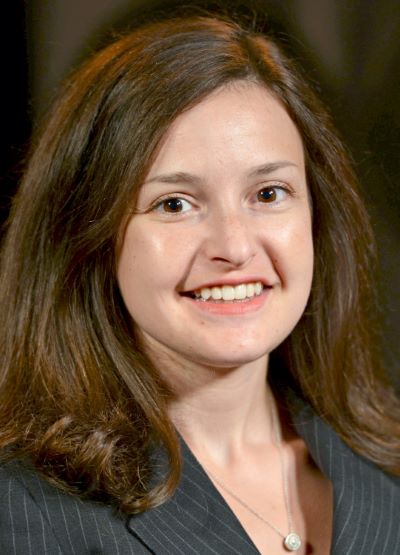
Effects of California’s Paid Family Leave on Work and Caregiving of Older Adults
Joelle Abramowitz
Associate Research Scientist, Survey Research Center, Institute for Social Research
Co-Investigators
- Marcus Dillender, University of Illinois
Abstract
Paid family leave laws have the potential to alter older adults’ allocation of time spent in work and caregiving, which can in turn affect their own physical, emotional, and financial wellbeing. In 2004, California became the first state to require that employers provide paid family leave to their employees. Using data from the Health and Retirement Study, this pilot project examines changes in older adults’ time spent in work and caregiving before and after California’s 2004 paid family leave law.
Outcomes
- Abramowitz J, Dillender M. Effects of California's Paid Family Leave Law on Caregiving by Older Adults. J Aging Soc Policy. 2023 Jun 29;:1-18. doi: 10.1080/08959420.2023.2226283. [Epub ahead of print] PubMed PMID: 37382038; PubMed Central PMCID: PMC10755070.
- Abramowitz, Joelle and Marcus Dillender. Effects of California’s Paid Family Leave on Work and Caregiving of Older Adults. Association for Public Policy and Management (APPAM) Fall Research Conference, March 27-29, 2022. Washington, DC.
- Abramowitz, Joelle and Marcus Dillender. Effects of California’s Paid Family Leave on Work and Caregiving of Older Adults. American Society of Health Economists Annual Conference, June 22, 2021.
- Abramowitz, Joelle and Marcus Dillender. Effects of California’s Paid Family Leave on Work and Caregiving of Older Adults. Population Association of American Annual Meeting (Poster Session), May 5, 2021. Atlanta, GA.
- Abramowitz, Joelle and Marcus Dillender. Effects of California’s Paid Family Leave on Work and Caregiving of Older Adults. The New School Political Economy of Aging Workshop, April 15, 2021.
